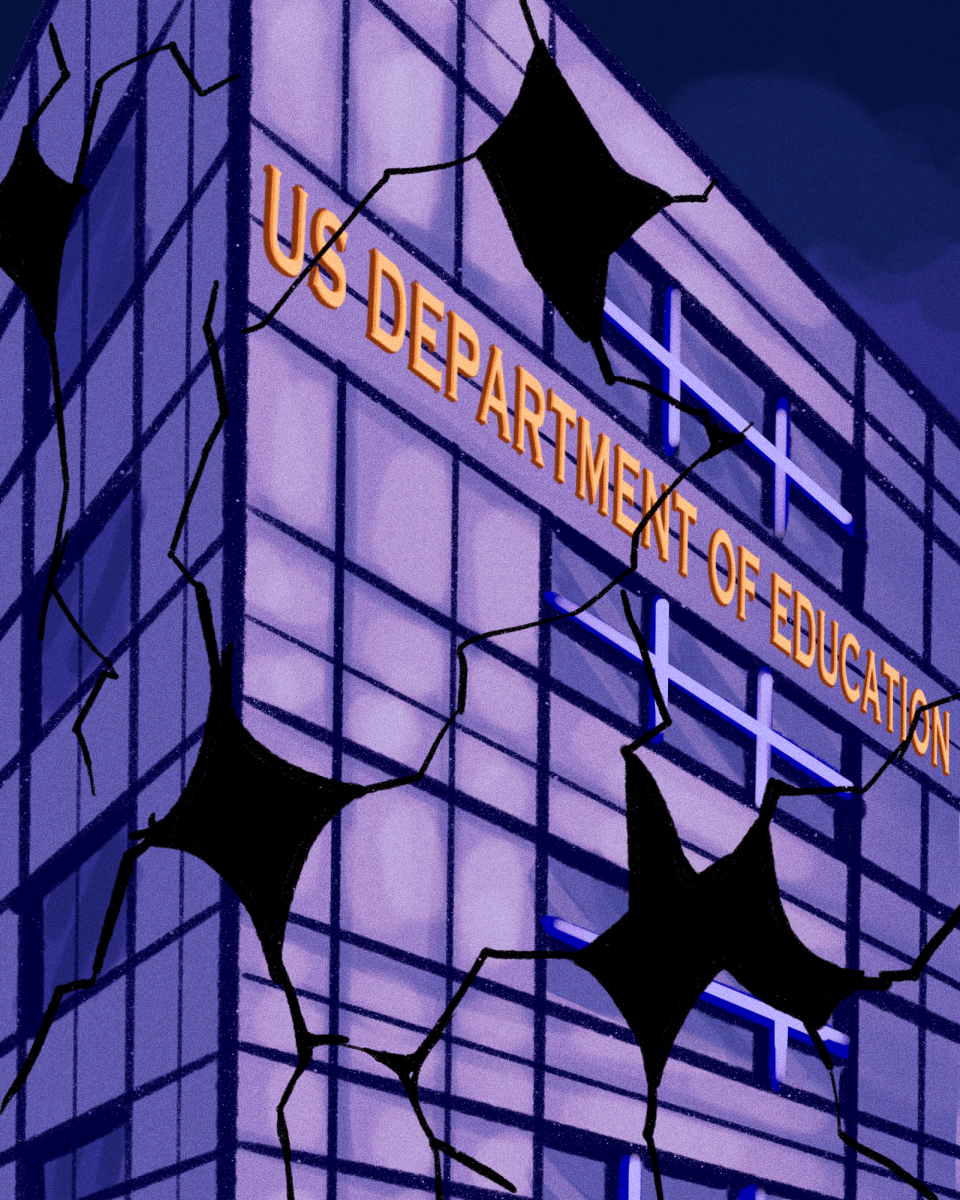The National Science Foundation is seeking applications for a grant program that will push research into practical applications through commercialization.
Through the Innovation Corps program, the organization will award $50,000 in research grants to 100 universities and help them establish partnerships with private companies to commercialize their developments. The foundation has not released its list of applicants, but it is accepting project proposals and will announce grant winners Sept. 30.
Subra Suresh, director of the National Science Foundation, said in a press release the Innovation Corps program will strengthen the national economy by supporting useful scientific discoveries.
“The United States has a long history of investing in and deploying technological advances derived from a foundation of basic research,” Suresh said. “And the [National Science Foundation] mission connects advancing the nation’s prosperity and welfare with our passionate pursuit of scientific knowledge.”
Josh Chamot, foundation spokesman, said the Innovation Corps program will help the United States secure its position as a leader in scientific advancement.
“We take risks that others won’t take, and there’s a need to maintain that competitive leadership,” Chamot said. “We need to keep that risk-taking approach, that effort to drive innovation, to develop ideas and entire new industries.”
He said researchers must recognize and support discoveries that have real world uses to promote economic strength.
“We still are driven by our desire to support fundamental research,” Chamot said. “That is our core mission, but we want to enable fundamental research to enter the entrepreneurial arena and to create a network and an environment that allows for innovation.”
In addition to providing grants to the universities, the Innovation Corps will provide a network of mentors to coach researchers on how to make creative use of their discoveries, Chamot said.
“There are mentors from the entrepreneur community, from the investment community and others in academia who have created successful businesses,” he said. “They mentor the grantees to help them train their research in a way that can turn it into an innovation through a product.”
Chamot said the foundation hopes to find new applications for existing technologies as well as promote new discoveries through the program.
“Sometimes the results are very practical already, but they have not been explored for another area of research,” he said. “This will help researchers make that conclusion and make that leap to get out there to an industry that could use their discoveries in a different way.”
President William Powers Jr. said in a column in the Austin American-Statesman on June 7 that the University aims to provide a meaningful learning experience to students by supporting faculty research and innovation.
“At UT, we are very serious about increasing productivity in teaching, research, business operations and commercialization of intellectual property,” Powers said. “In addition, we expect our faculty to conduct research to expand knowledge and benefit society.”



















